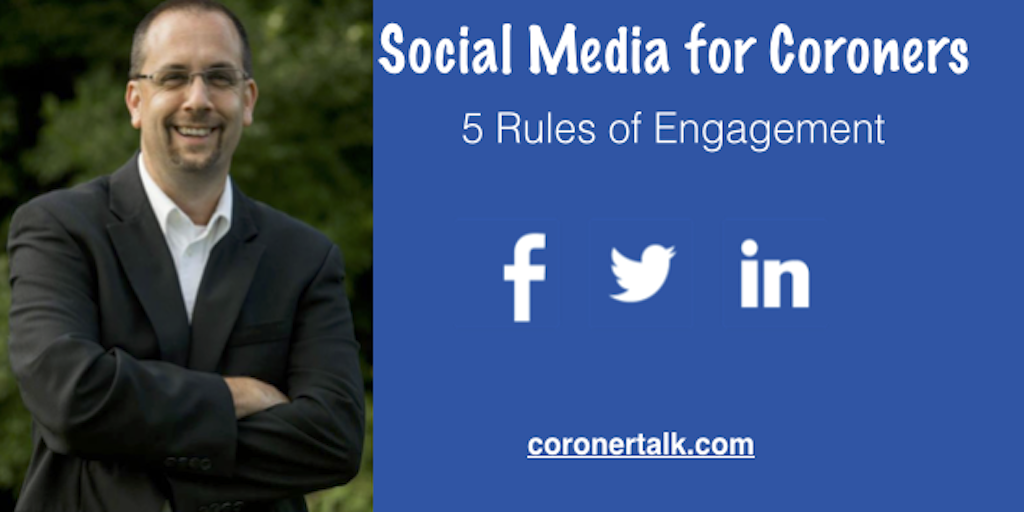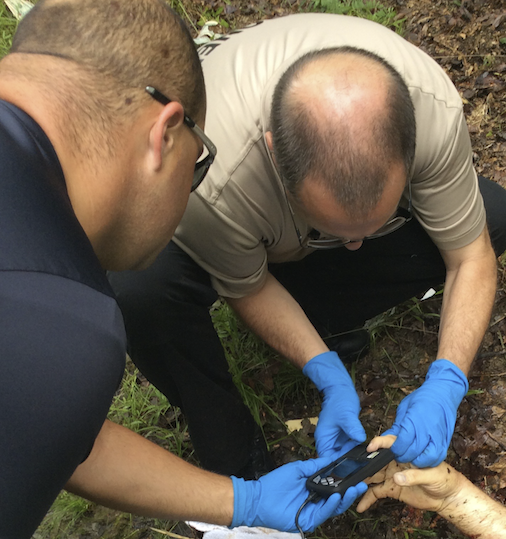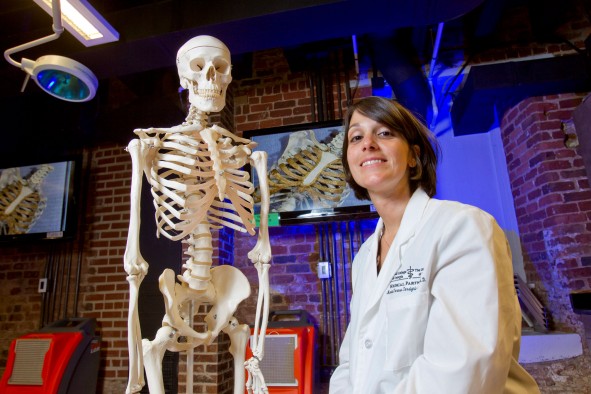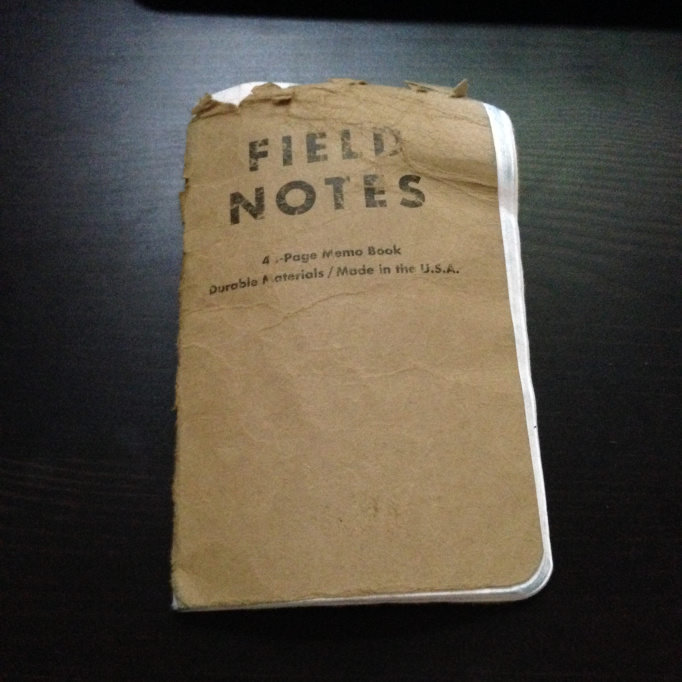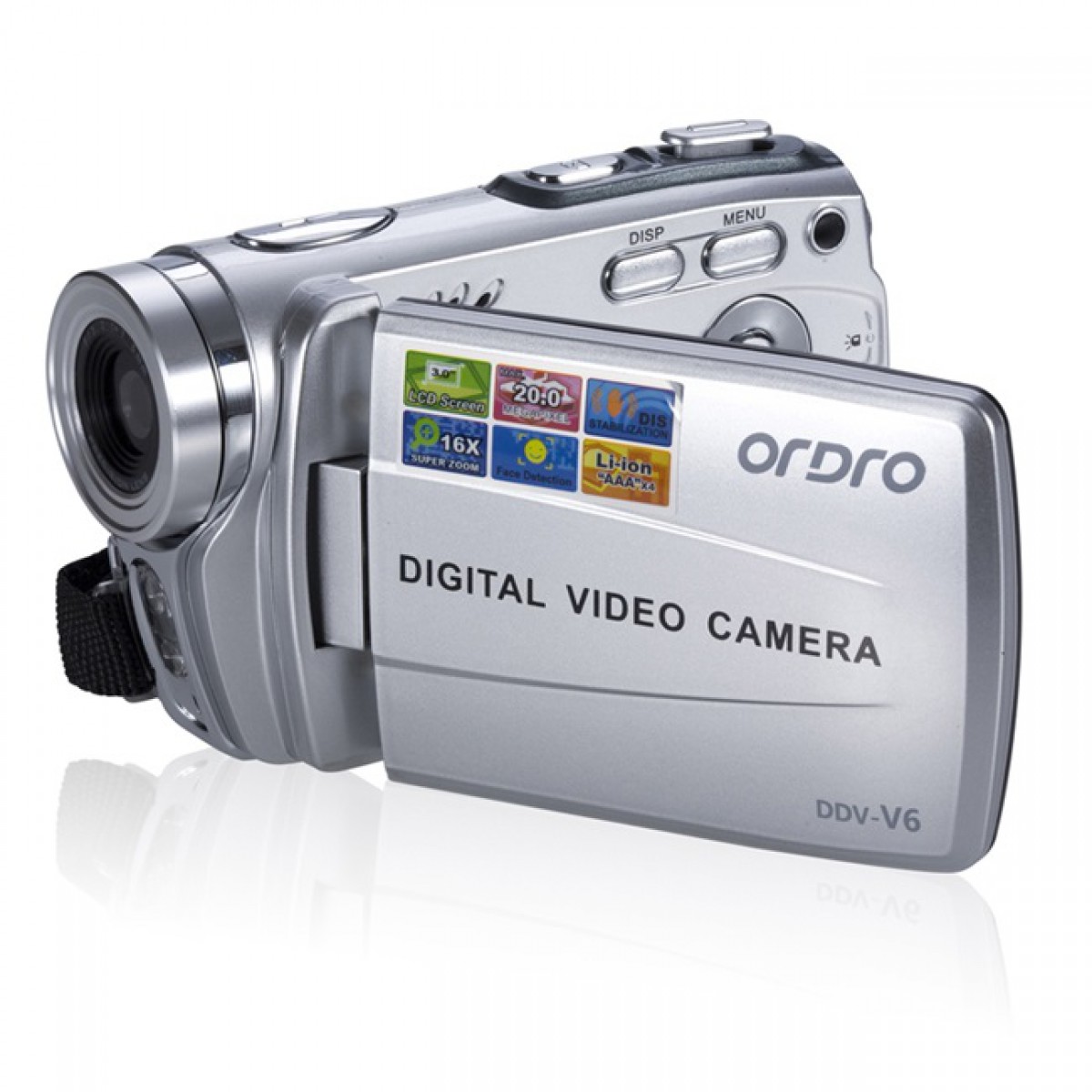You Are Living in a Fish Bowl
As investigators and “public servants” you are living in a glass fish bowl; everyone is watching us. This may not be a popular statement but its true, its not just your job performance but your personal life as well. It’s often said that no other profession demands a higher ethical standards than that of law…
Read More


